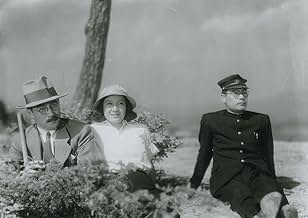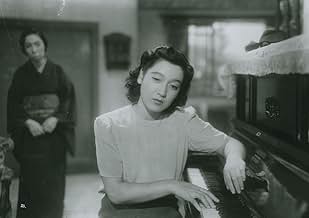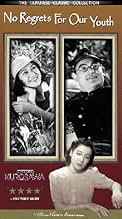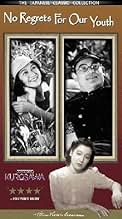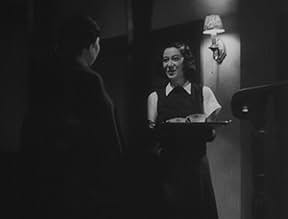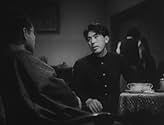This film focuses on the young woman Yukie, and her relationship with two of her male friends, Isokawa and Noge. Isokawa is weak-willed and practical while Noge is a fiery anti-war protester. Yukie is fascinated with Noge, but is unable to impress him because he is only concerned with the anti-war movement. Through the first part of the film, she follows an unfocused path, somewhat following Noge and somewhat rebelling against her parents, who would prefer she marry Isokawa and settle down. Yukie eventually settles down with Noge, and this is where the movie's pivotal point.
The title of the movie comes from Noge's statement to Yukie halfway through the film - she does not know he has continued his involvement in the anti-war movement, although he has spent time in prison and China for protesting. He tells her he has no regrets for any of his actions. Yukie doesn't quite understand until he is arrested and eventually killed for spying. Yukie has the option of returning home to her parents, but instead she finds Noge's parents and moves in with them. There she suffers hardship, sickness, and the humiliation of being known as an anti-war collaborator. The central question of the movie is why did she do this? Was she trying to "hold on" to a lost lover? Did she feel guilt over not having been more active in the anti-war movement? Was this her penance for a mis-spent youth? Even more perplexing is the way she rebukes Isokawa at the end of the film by refusing to show him Noge's grave - Isokawa had supported Japanese involvement in the war.
Perhaps the film is about the mind-state of Japan after losing the war - those who opposed the war, or who struggled through hardship to live normal lives, should value their actions in spite of the consequences. Those who supported the war deserve scorn and share in the responsibility of bloodshed.

